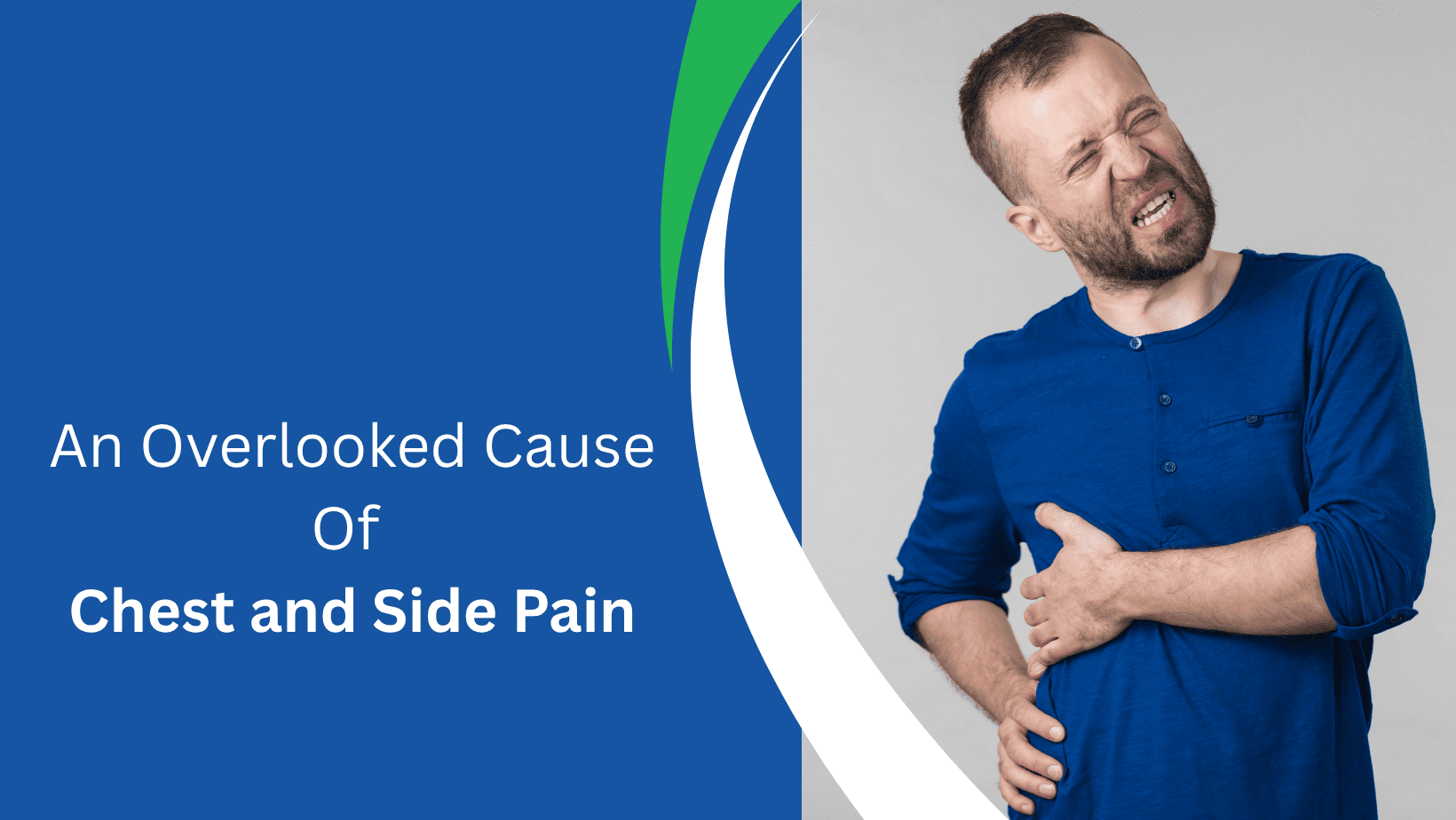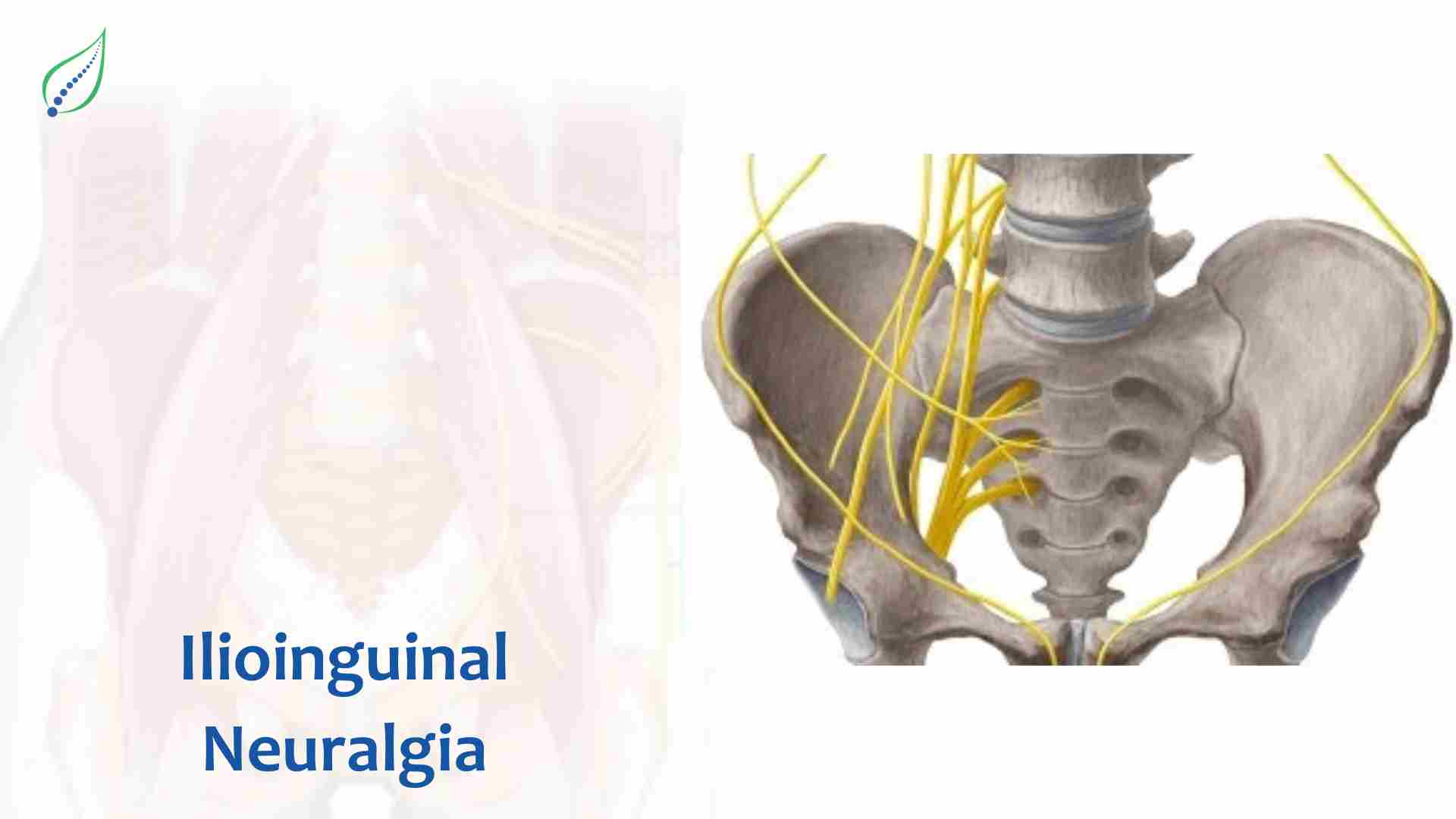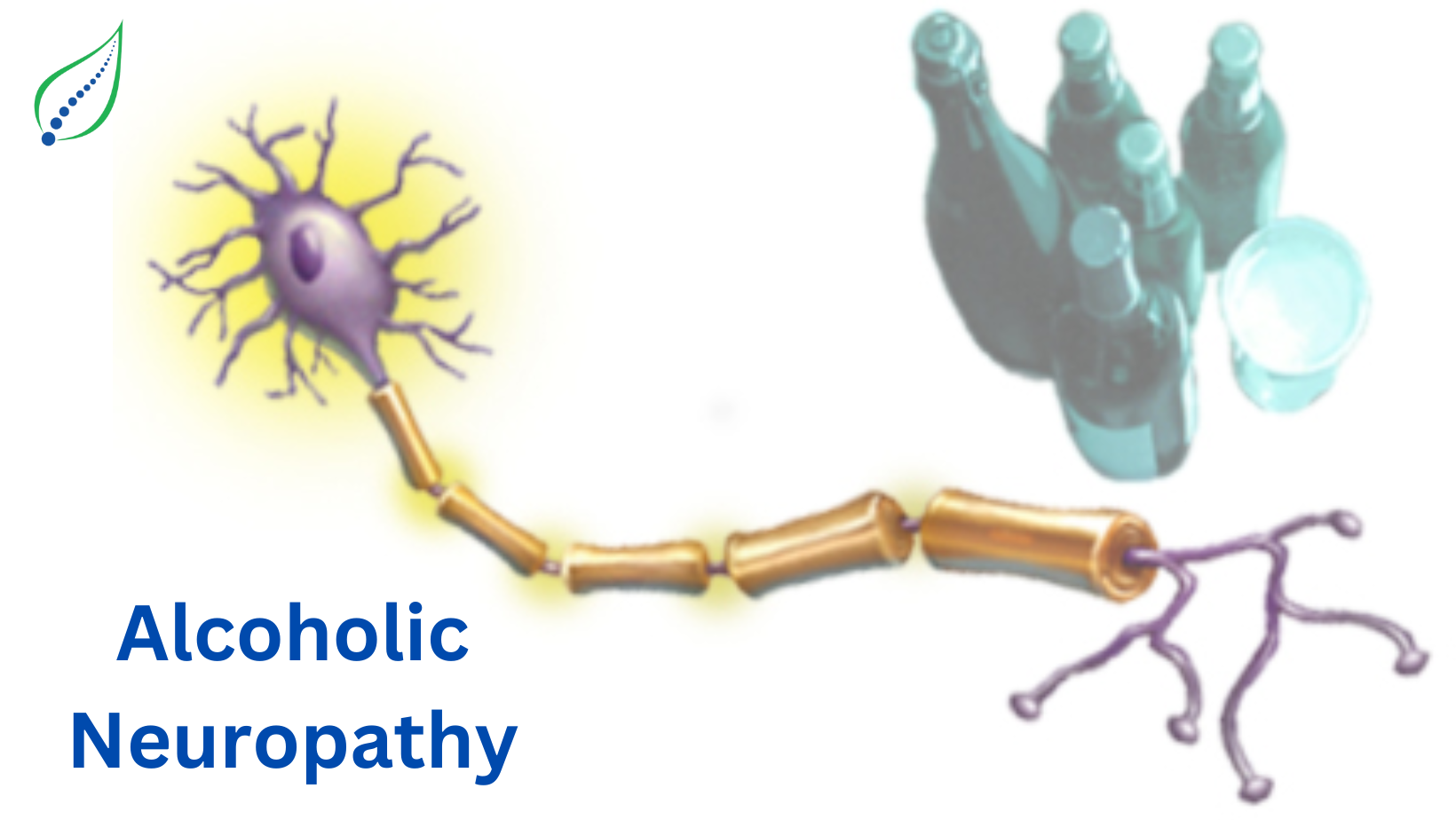An Overlooked Cause of Chest and Side Pain
An Overlooked Cause of Chest and Side Pain is intercostal neuralgia affects the intercostal nerves, which run between the ribs. Sharp, agonizing, scorching, or discomfort along the lining of the rib cage, chest area, and abdomen may be caused by nerve irritation or damage. Muscle spasms, tingling, or numbness may accompany the discomfort. This pain can be so debilitating that daily activities are easily affected.
Causes: Intercostal nerves are situated just beneath your ribs and might be irritated, inflamed, or compressed. This can be due to several factors, such as:
- Trauma or injury: The intercostal nerves may be harmed or irritated by chest trauma or rib fractures.
- Nerve entrapment: Tight muscles or misaligned ribs can pinch or compress nerves.
- Viral infections: Shingles, commonly known as herpes zoster, can cause damage to nerves and inflammation.
- Surgeries: Pressure injuries from a surgical operation that required opening the chest to reach the heart, lungs, throat, or diaphragm (thoracotomy)
- Inflammation: Conditions such as costochondritis, an inflammation of the cartilage that connects the breastbone and the ribs, can cause nerve discomfort.
- Idiopathic intercostal neuralgia: Sometimes the reason for intercostal neuralgia is unclear, known as Idiopathic intercostal neuralgia.
Signs and Symptoms: The following are the most typical signs of intercostal neuralgia:
- Neuropathic pain of the intercostal nerves, which originate underneath the rib cage from the spinal cord, is typically characterized by scorching, intense, or shooting pain.
- Ache may be experienced in the upper part of the back, the upper chest area, or around the ribcage.
- Tingling, numbness, and a pressure-like sensation that encircles the chest from front to back.
- Mild physical activity, like stretching or deep breathing, may make the pain worse.
- It may worsen if you sneeze, cough, or laugh.
- Referred pain in the lower pelvic or shoulder blade.
- The shingles virus may result in postherpetic neuralgia, also known as postherpetic intercostal neuralgia, which causes itching skin that is extremely sensitive to clothing.
- In more severe cases, intercostal neuralgia manifests as
- Involuntary twitching of the muscle
- Loss of hunger
- Muscle atrophy
- Paralysis
- Lightning-bolt-like pain
Diagnosis:
- A physical examination, a review of your medical history may help to diagnose it. During the physical examination, the doctor may ask you to take some deep breaths or press the gap between your ribs. If either of these happens, your discomfort could be caused by intercostal neuralgia.
- A physician may suggest imaging testing (such as CT scan, Ultrasound, X-rays, MRI scan) to rule out other causes.
- Nerve blocks can help determine the root of the discomfort.
- A neurological examination may also be necessary to look for any issues with your nervous system, depending on your symptoms.
Treatment: Management of the underlying cause and pain relief are the main goals of treatment for intercostal neuralgia.
- Medicines: The Doctor may suggest over-the-counter pain medicines, nerve pain drugs (such as gabapentin or pregabalin), and occasionally opioids.
- Nerve blocks: An injection that uses a local anaesthetic and corticosteroids to minimize inflammation and pain is called an intercostal nerve block. Using an X-ray, the doctor will direct the medication to the area located beneath your rib cage. Intercostal nerve blocks can take a few days to begin working, but they can give pain relief for several months.
- Radiofrequency Ablation: Another option for pain management is pulsed radiofrequency, a minimally invasive technique that employs an electrode needle around the intercostal nerves.
- Physical therapy: Stretches and exercises can help loosen up tense muscles and increase flexibility.
- Lifestyle Changes: Pain can be lessened by adopting stress-reduction strategies and avoiding activities that exacerbate the pain.
- Postural Change: Wrong postures, especially sitting postures like slouching, tilting, and forward bending, put the ribs, muscles, and nerves around them under stress. It can also lead to breathing problems. Correction in posture can help to avoid intercostal discomfort.
Takeaway Massage: The effects of intercoastal neuralgia can vary greatly from person to person. Anxiety, depression, insomnia, and poor appetite are a few of the issues that can arise from untreated chronic pain. Don’t ignore it, don’t wait until it starts troubling you. Meet a doctor and take initiative toward a pain-free and stress-free life.

_1750326150_1751826460.png)


